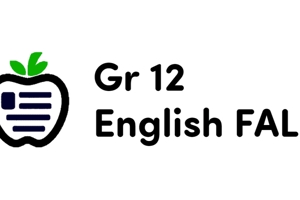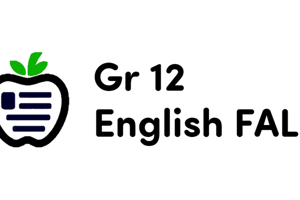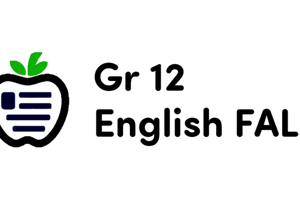Podcast
Questions and Answers
Which tense is used to describe ongoing actions in the present?
Which tense is used to describe ongoing actions in the present?
- Present Simple Tense
- Past Simple Tense
- Future Simple Tense
- Past Continuous Tense (correct)
Which tense is suitable for expressing future intentions or predictions?
Which tense is suitable for expressing future intentions or predictions?
- Future Simple Tense
- Present Continuous Tense (correct)
- Present Simple Tense
- Past Simple Tense
Which tense is appropriate for actions that were ongoing at a specific time in the past?
Which tense is appropriate for actions that were ongoing at a specific time in the past?
- Past Continuous Tense
- Past Simple Tense (correct)
- Future Simple Tense
- Present Continuous Tense
Which tense is used for expressing actions that occur regularly or habitually in the present?
Which tense is used for expressing actions that occur regularly or habitually in the present?
Which tense refers to actions completed in the past?
Which tense refers to actions completed in the past?
Which tense is used to express current actions in English?
Which tense is used to express current actions in English?
What is the correct tense to convey an action that will happen in the near future?
What is the correct tense to convey an action that will happen in the near future?
When should the Past Continuous Tense be used in English?
When should the Past Continuous Tense be used in English?
In English grammar, which tense is appropriate for general truths and habits?
In English grammar, which tense is appropriate for general truths and habits?
What tense should be employed to describe an action completed in the past without specifying its duration or frequency?
What tense should be employed to describe an action completed in the past without specifying its duration or frequency?
Flashcards are hidden until you start studying
Study Notes
English Grammar: Tense Overview
English grammar is rich, dynamic, and often daunting to learn due to its variety of structures and rules. One of the central aspects of English grammar is the use of tenses, which help express time and create a specific context for our sentences. Let's explore five common tenses in English grammar: Present Simple Tense, Future Simple Tense, Present Continuous Tense, Past Continuous Tense, and Past Simple Tense.
Present Simple Tense
- Indicates actions that occur regularly or habitually, or that are generally true in the present.
- Usage: I walk to work three times a week.
Future Simple Tense
- Used to express future actions, intentions, or predictions based on present evidence.
- Usage: I will visit my grandparents this weekend.
Present Continuous Tense
- Indicates ongoing or progressive actions in the present.
- Usage: I am currently studying for my exams.
Past Continuous Tense
- Tells of actions that were ongoing or in progress at a specific time in the past.
- Usage: Yesterday, I was working on my report while talking to my friend.
Past Simple Tense
- Used to describe completed or finished actions in the past.
- Usage: Yesterday, I finished my project.
Although these tenses are relatively simple, they can be challenging to master due to the nuances in their usage and the need to distinguish between them in different contexts. Understanding the correct application of each tense is essential for clear communication and conveying the desired meaning in English.
It's common to confuse tenses, especially when dealing with similar situations like the present and future. In such instances, the key factors to consider are the time frame and the context of the action being described. For example, when expressing current actions, we use the present simple tense, but when conveying an action that will happen in the near future, we use the future simple tense.
As you continue to learn and practice English grammar, gaining proficiency in using the five tenses mentioned will greatly enhance your ability to communicate effectively. Remember that practice is the key to improving your grasp of grammar and honing your language skills. So, keep reading, writing, and speaking to expand your understanding and confidence.
Studying That Suits You
Use AI to generate personalized quizzes and flashcards to suit your learning preferences.




